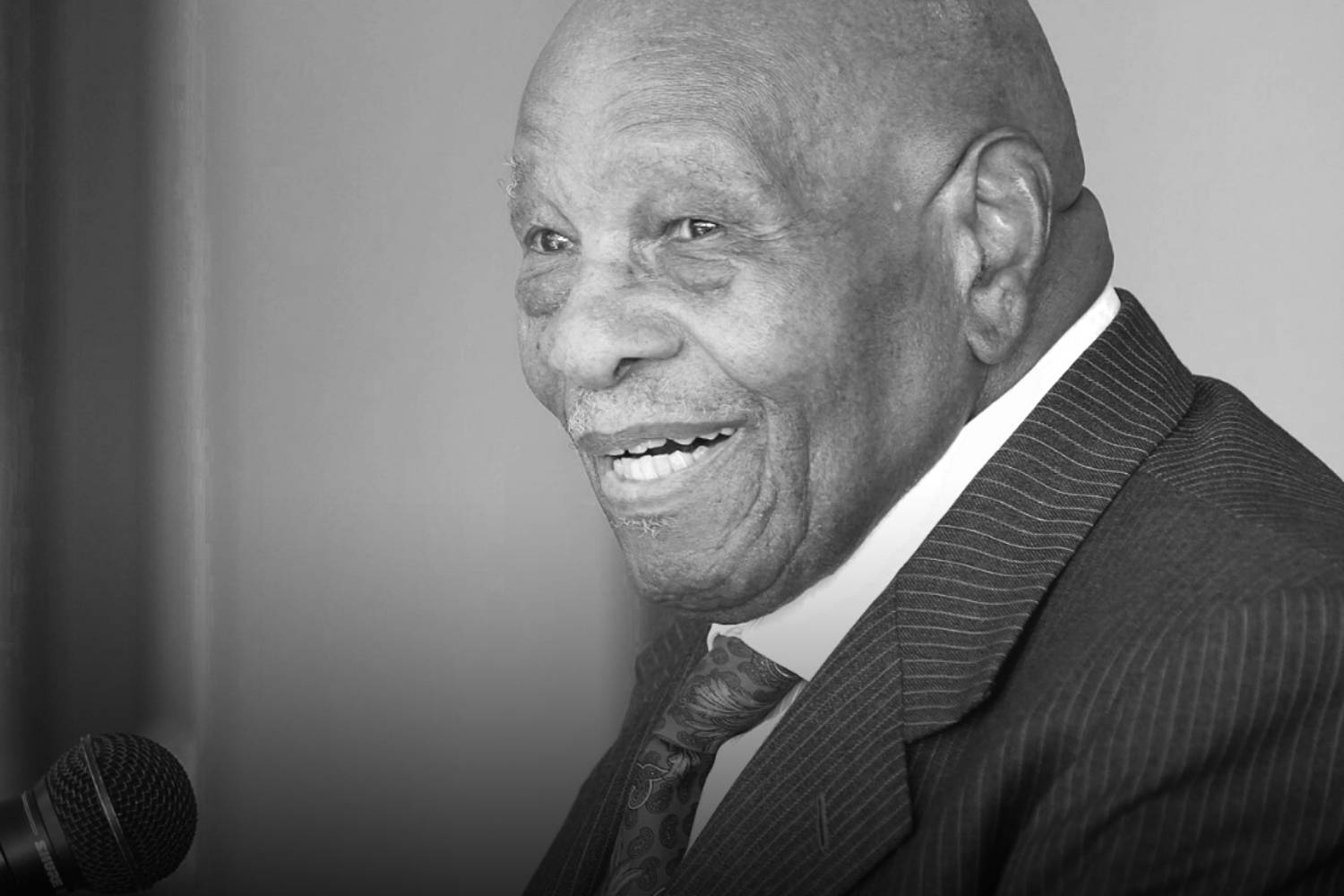December 24 is a date of significant historical events in South Africa, marking the birth of influential figures, notable political decisions, and remarkable archaeological discoveries.
Five historical events that happened on 24 December
PLEASE NOTE: The third-party content below is shared on our platform for journalistic purposes. Swisher Post, its parent company, partners and affiliates shall not be held liable for any consequence that arises from the journalistic duties performed in sharing this content.
These events have played a crucial role in shaping the nation’s history and culture.
Richard Maponya: The Birth of a Business Visionary (1926)
Richard John Pelwana Maponya, born on 24 December 1926 in Limpopo Province, emerged as one of South Africa’s most successful businessmen despite the oppressive apartheid regime. Originally trained as a teacher, Maponya’s entrepreneurial journey began in the 1950s when he started selling clothing to miners and rural people.
His determination and business acumen led him to establish a vast empire, including being a property developer and founding the National Federated Chamber of Commerce (NAFCOC).
Macassar Beach: Proclamation of a Coloured Group Area (1964)
On this day in 1964, Macassar Beach in False Bay, named after Macassar in the former Dutch East Indies, was declared a Coloured group area by the Group Areas Board.
This beach, with its historical connection to Sheik Yusuf, who was buried in the area, reflects the segregationist policies of the apartheid era.
The beach had been a popular destination, with around 18 houses and 180 plots sold mostly to White South Africans for seaside cottages prior to the proclamation.
Wilton Mkwayi: ANC Leader and Freedom Fighter (1923)
Born on 24 December 1923 in Middledrift, Transkei, Wilton Zimasile Mkwayi grew to be a pivotal figure in South Africa’s struggle against apartheid.
As the eldest child in a family of thirteen, Mkwayi’s early life was humble, but he rose to prominence as a trade unionist, treason trialist, and acting leader of Umkhonto Wesizwe (MK).
He faced life imprisonment on Robben Island for his involvement in MK, marking his place in the history of South Africa’s liberation movement.
Anna Neethling Pohl: Celebrating a Cultural Icon (1906)
Anna Neethling Pohl, born on 24 December 1906 in Graaff-Reinet, Eastern Cape, was a distinguished South African actress, author, and the first female broadcaster at the South African Broadcasting Corporation.
Pohl, who wrote under various pen names, was a trailblazer in South African culture, her career spanning various forms of art, from acting and writing to film production, significantly contributing to the country’s cultural heritage.
The Discovery of Mapungubwe (1906)
The ancient city of Mapungubwe, meaning ‘hill of the jackal’, was ‘discovered’ on 24 December 1906. Located in the Limpopo Province, this Iron Age archaeological site was a trading centre from around 1200 to 1300 AD, trading gold and ivory with countries as far as China, India, and Egypt.
The discovery of Mapungubwe provided evidence of a sophisticated civilization that existed before European occupation, challenging existing perceptions of African history.
